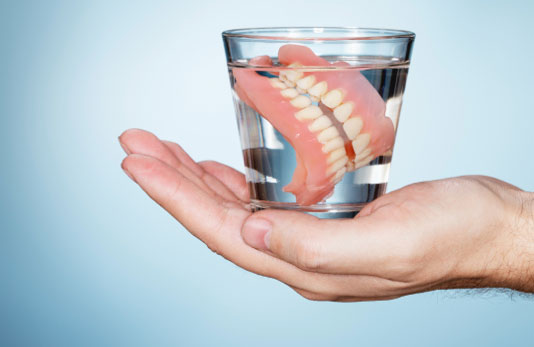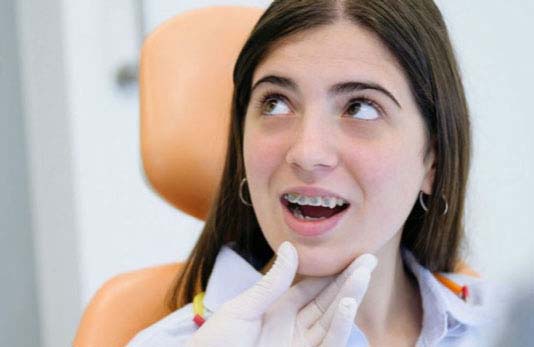Can swimming hurt your teeth?
Spending too much time in the water can affect your mouth

Swimmer’s calculus
If you spend six or more hours a week in chemically treated water, it’s time to talk to your dentist. Swimmer’s calculus occurs when chlorine deposits residue on your teeth, leaving hard yellow or brown spots due to constant exposure.
Luckily, your dentist can remove these deposits and may recommend a protective fluoride treatment. To prevent further staining, drink plenty of fresh water between laps.
Tooth sensitivity
Got a pool at home? Always check the chlorine levels with a professional. Overly chlorinated pools can cause serious damage to your teeth over time. This can include staining, wearing away the enamel and leaving your teeth brittle and sensitive.
Mouth injuries
High-contact sports like water polo or water volleyball can put you at risk for tooth and jaw injuries. Protect yourself by wearing a mouthguard whenever you play.
Additionally, if you’re a diver or snorkeler, you may be at risk for “tooth squeeze.” Also known as barodontalgia, this condition occurs in extreme altitudes, like under deep water. Air inside your teeth contracts to match the outside pressure, causing pain and even damage to fillings, crowns and dentures. Before your next deep dive, ask your dentist to check your mouth for untreated decay or loose restorations.

Lost dental devices
Always take out retainers before you swim. Not only can you lose them in the water, but chlorine in pools can also damage the plastic devices.
If you wear full or partial dentures, you don’t have to take them out when you swim. However, water can loosen the suction between the dentures and your mouth, so use a denture adhesive to secure their fit. If your dentures still feel loose, talk to your dentist.
A few preventive measures can keep your smile shining swimmingly! If you’re spending six or more hours a week in the water, let your dentist know.
Last updated October 29, 2021
Related articles:
The oral health information on this website is intended for educational purposes only. Always consult a licensed dentist or other qualified health care professional for any questions concerning your oral health.


